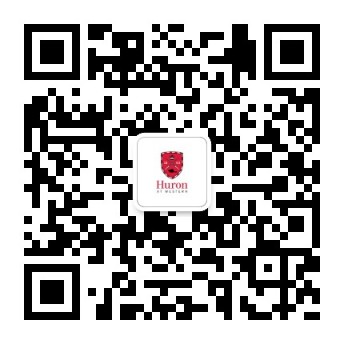Professor, Theology
I allow myself to feel the anger, sadness, despair over the things that humans are capable of doing in order to understand the phenomenon - in order to limit, to minimize, the things that cause the despair.
To be involved in something like this you just have to be comfortable with stretching,” reflects Dr. Tracy Lemos (Theology), discussing her recent book Violence and Personhood in Ancient Israel and Comparative Contexts (Oxford University Press, 2017). In the book, Dr. Lemos investigates ancient and modern instances of dehumanization, interrogating the connections between hypermasculinity and status, and the ways in which these elements combine to give rise to ideas of what she calls “domination personhood” and cultures of violence both past and present. Studying acts of violence reveals how personhood is defined in a particular context: the understanding of who counts as a person—a human being recognized as having social value—and how this understanding is constructed.
Writing about violence and dehumanization as a scholar is an at times “crushing” task, according to Dr. Lemos; at some moments engaging the material requires pulling away and averting your gaze, while at other times it necessitates both the willingness and the strength to dig deep and wallow or dwell in the sadness of the material, without being hardened by it. The ultimate goal of this research is to refuse simple explanations of humans as violent by nature and instead understand aspects of culture that give rise to this violence so that these scenarios may be eliminated. “I allow myself to feel the anger, sadness, despair over the things that humans are capable of doing in order to understand the phenomenon—in order to limit, to minimize, the things that cause the despair,” explains Dr. Lemos.
This particular project was also stretching because of the wide-ranging interdisciplinary research involved. Dr. Lemos’s first book explored shifts in marriage practices that occurred in ancient Palestine over the course of a millennium. Shifting to writing about violence, and connecting to contemporary issues including racialized police violence in the United States, was for Dr. Lemos “a conscious choice to write about things I am not an expert in.” The success of this choice effectively demonstrates the ways in which a Biblical scholar with training in ancient languages and history has critical insights to offer current political conversations. Contemporary debates about policing, abortion, torture, and other forms of violence concern whose bodies we can treat in which ways. “Who has the protections of personhood is still an incredibly pressing question,” explains Dr. Lemos, “it would have been irresponsible to examine dehumanization and treatment of bodies in the past without looking at comparative phenomena in the modern world. Sometimes it is only by stepping back that you can understand a phenomenon—this is the case with violence.”
The next projects on Dr. Lemos’s desk include coediting the Cambridge World History of Genocide, and a second project considering responses to dehumanization—asking by what mechanisms, whether psychological or cultural, groups find themselves able to resist. Both continue to tackle a broad geographic and temporal canvas. Making these connections is a bold step for a scholar to make in an academic context of specialization, and required a commitment to moving beyond a fear of critique. For Dr. Lemos, the liberal arts provide a context for this type of research, and for demonstrating the critical contribution the humanities can make to public conversation: “I feel the importance of the research I am doing. I know it matters.



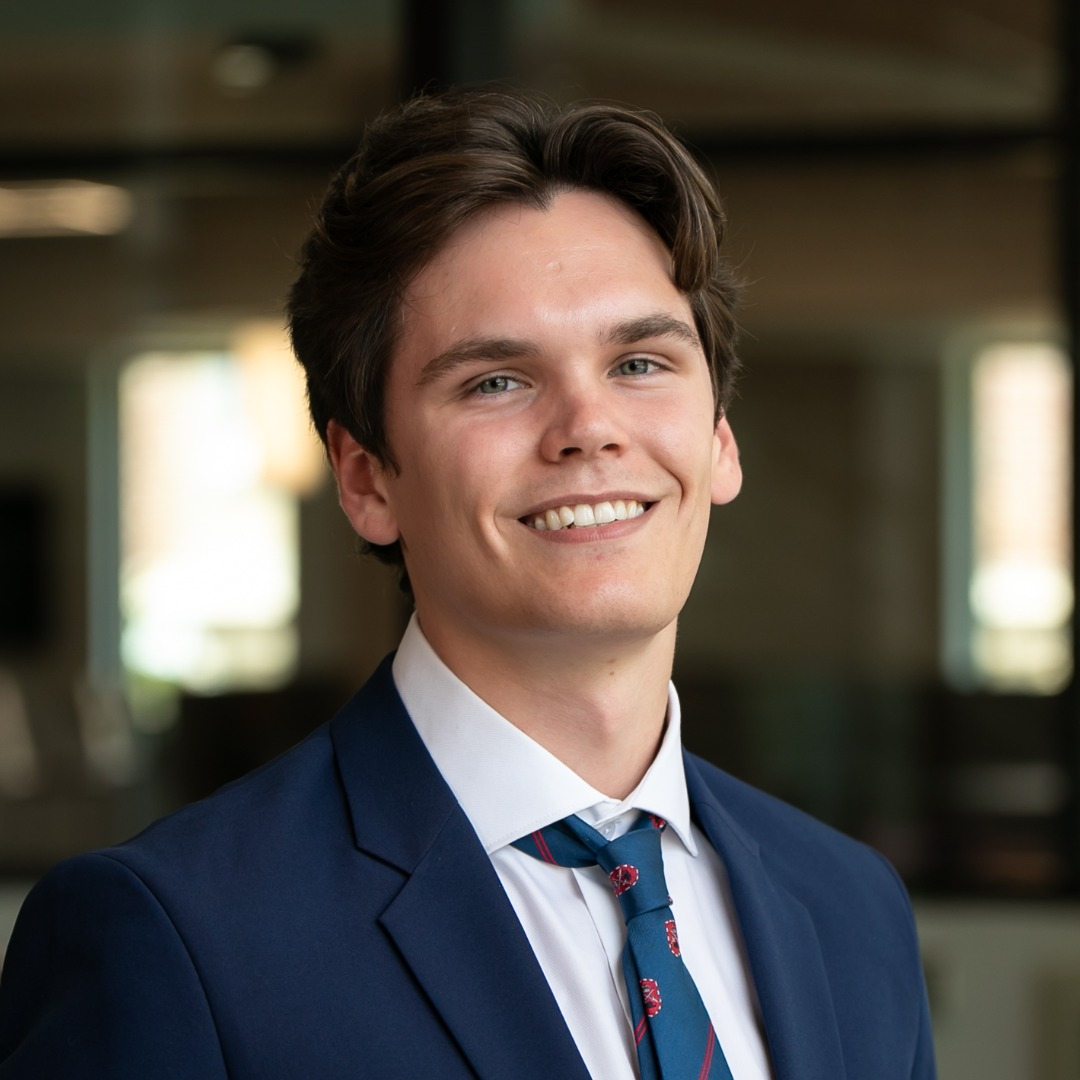

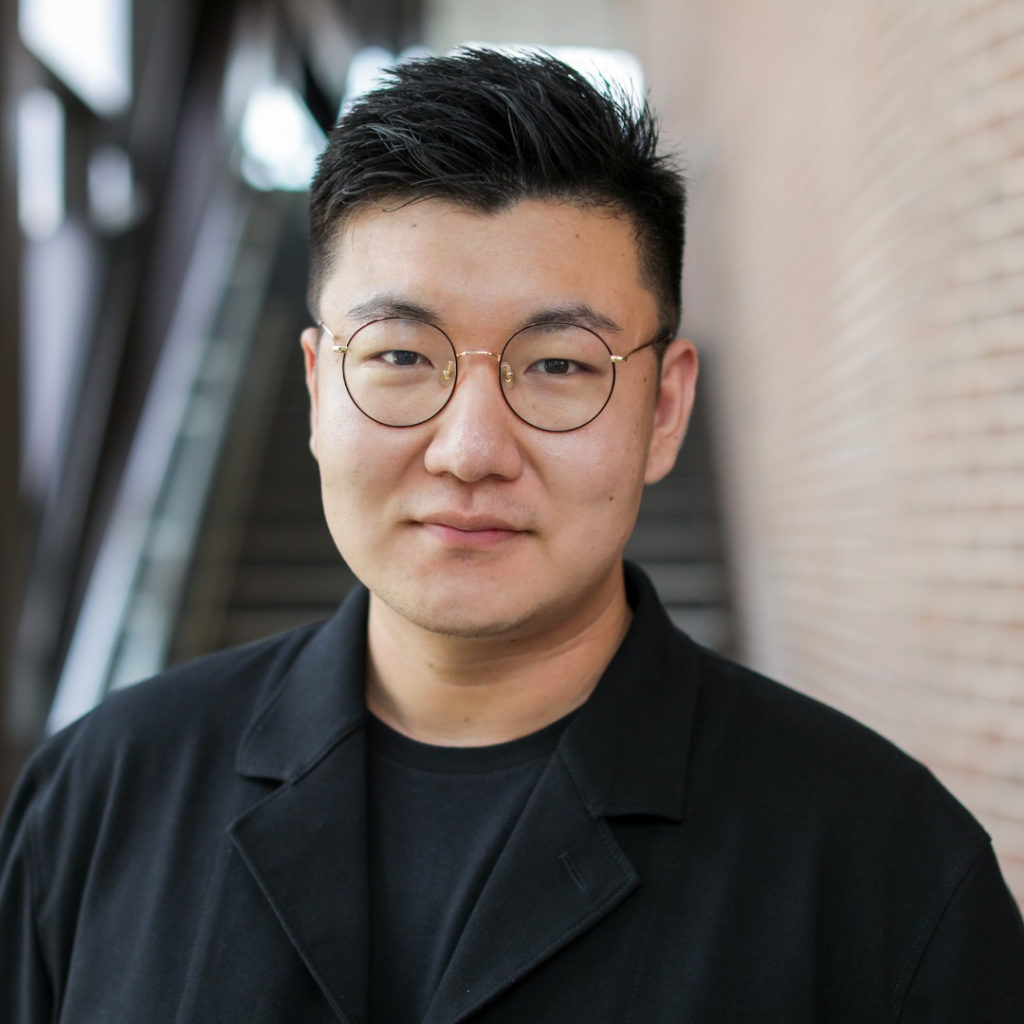
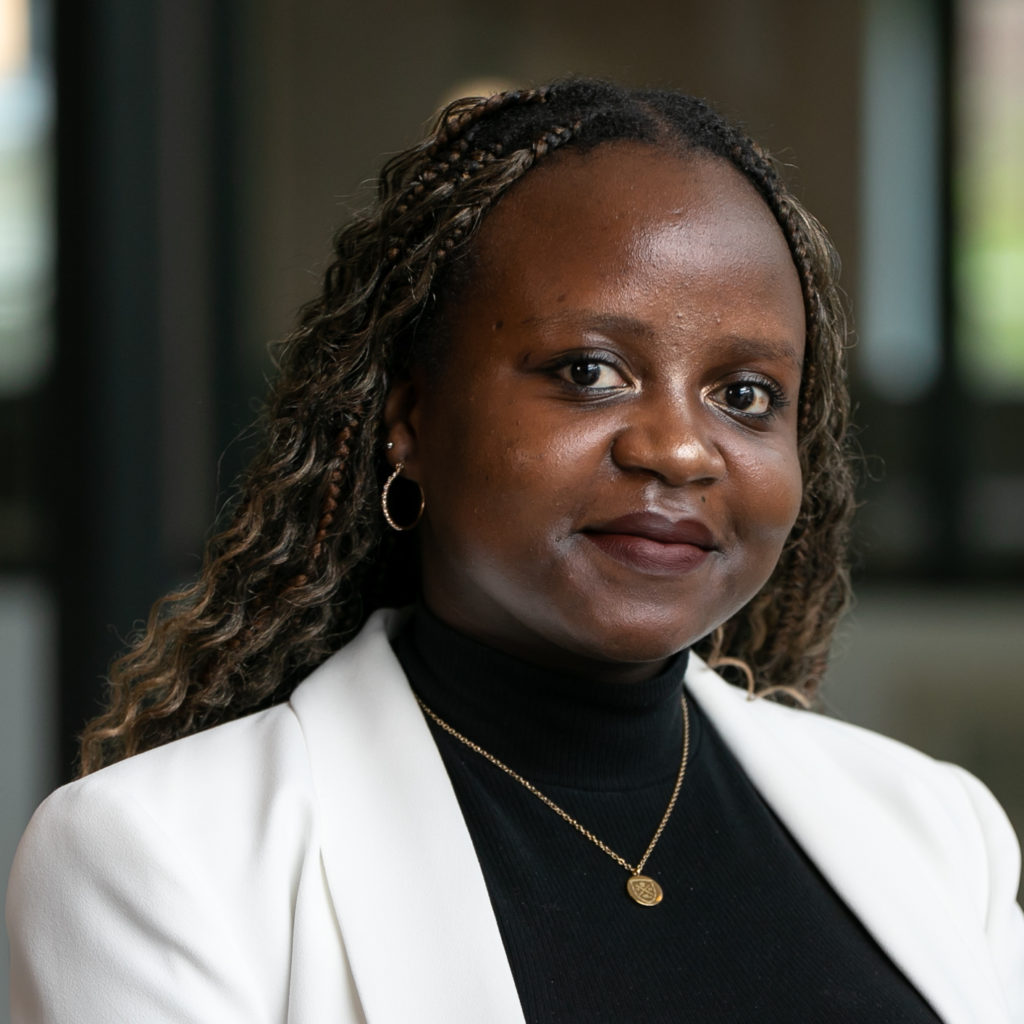
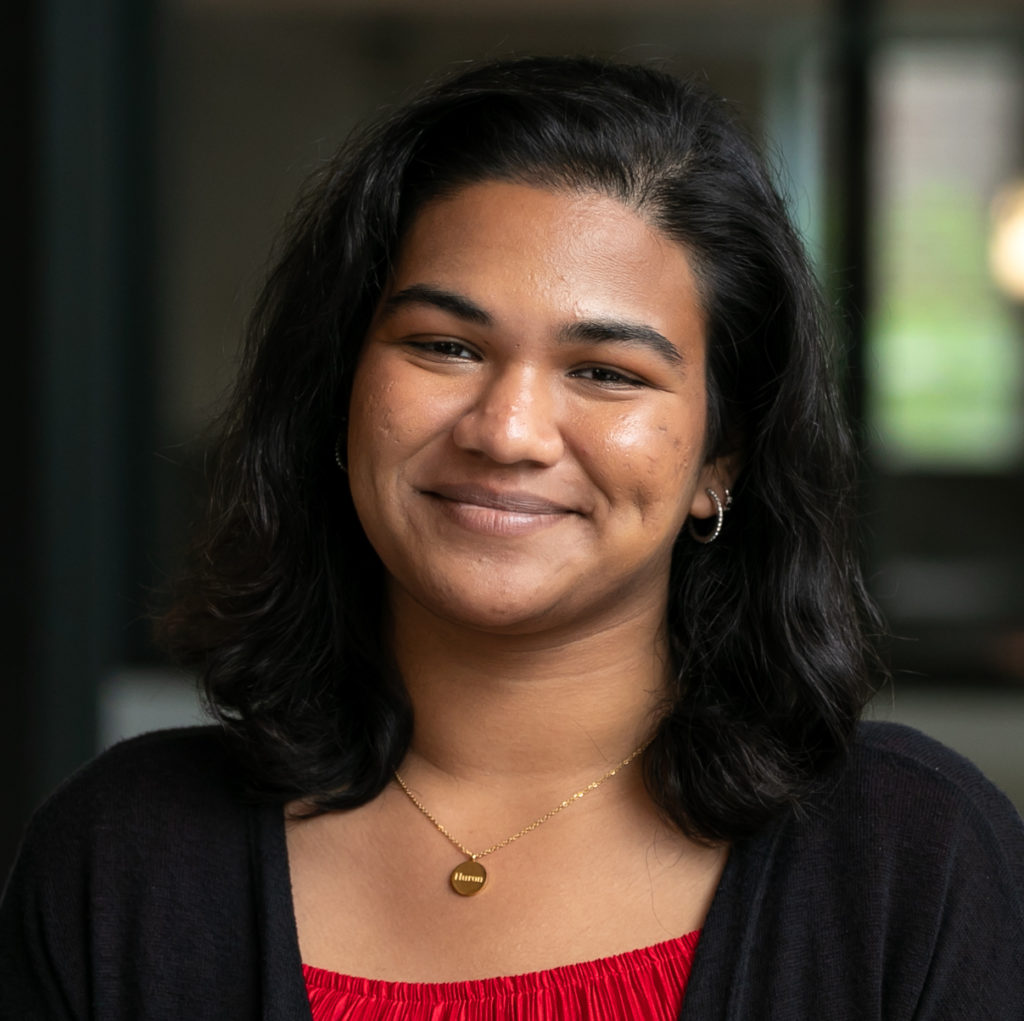
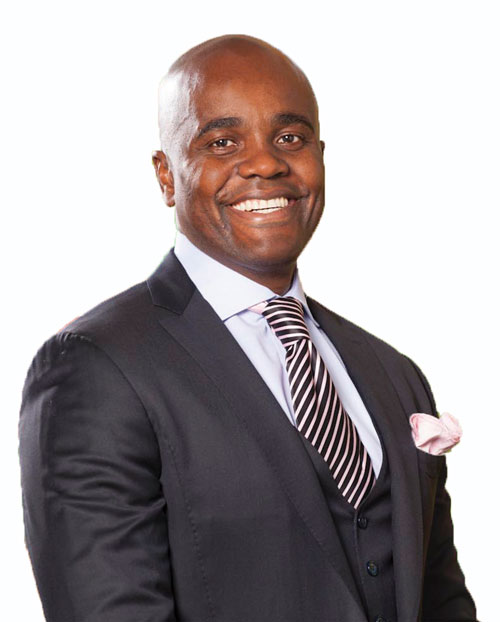 Wes Hall is the Founder and Chairman of Kingsdale Advisors, and The BlackNorth Initiative, and Canada’s first Black Dragon investor on CBC’s Dragons’ Den.
Wes Hall is the Founder and Chairman of Kingsdale Advisors, and The BlackNorth Initiative, and Canada’s first Black Dragon investor on CBC’s Dragons’ Den.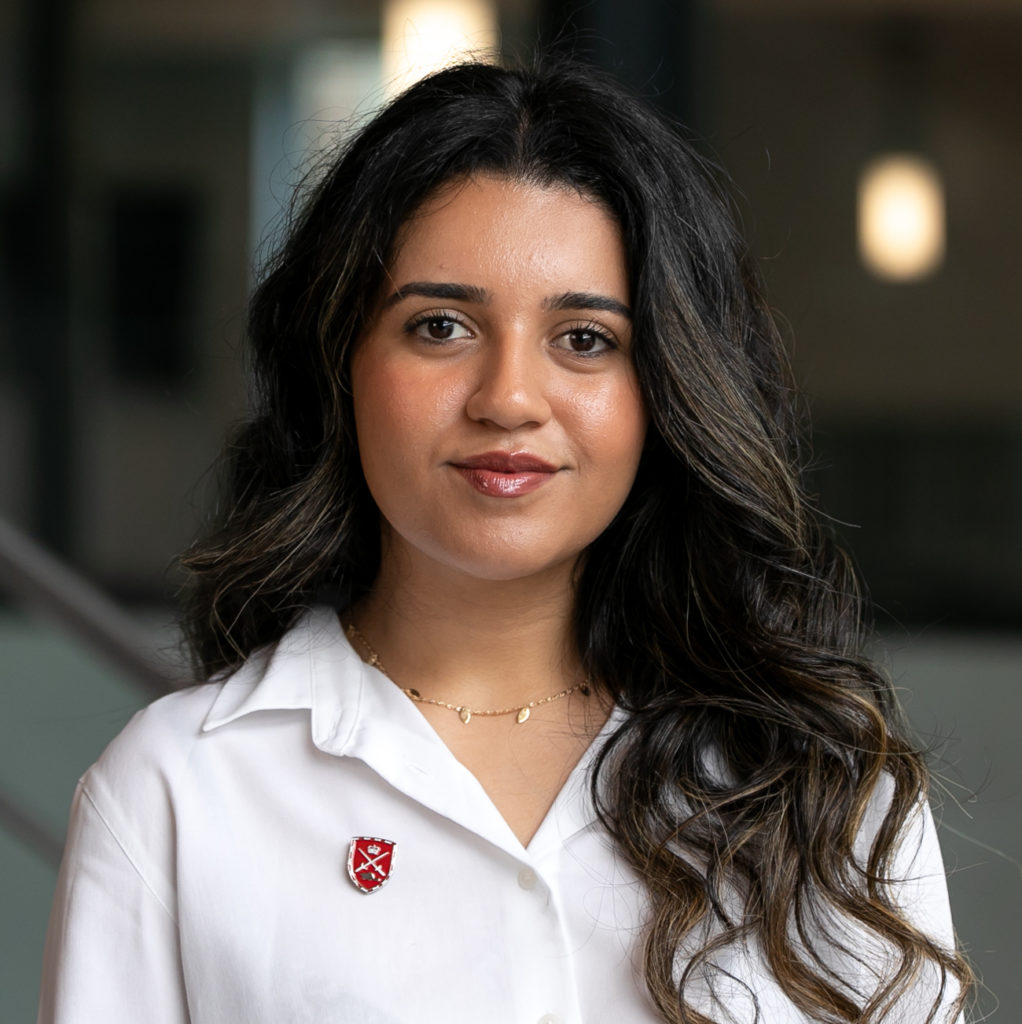
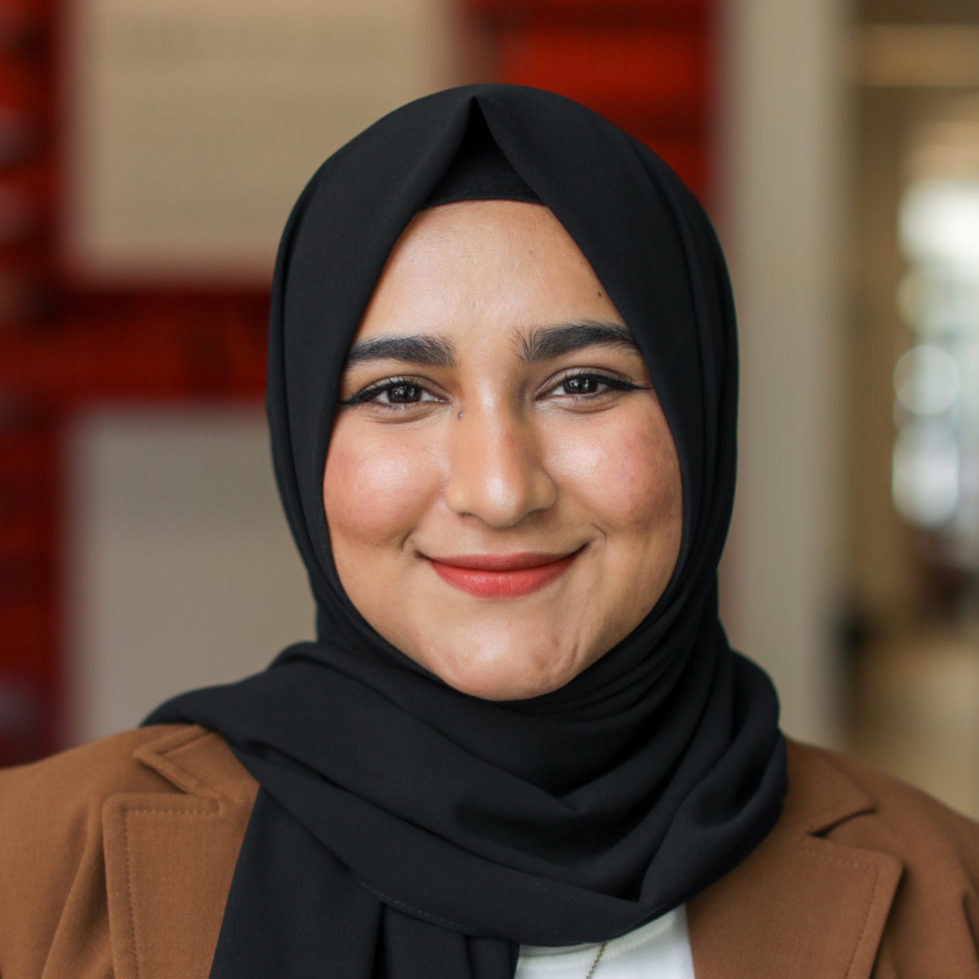
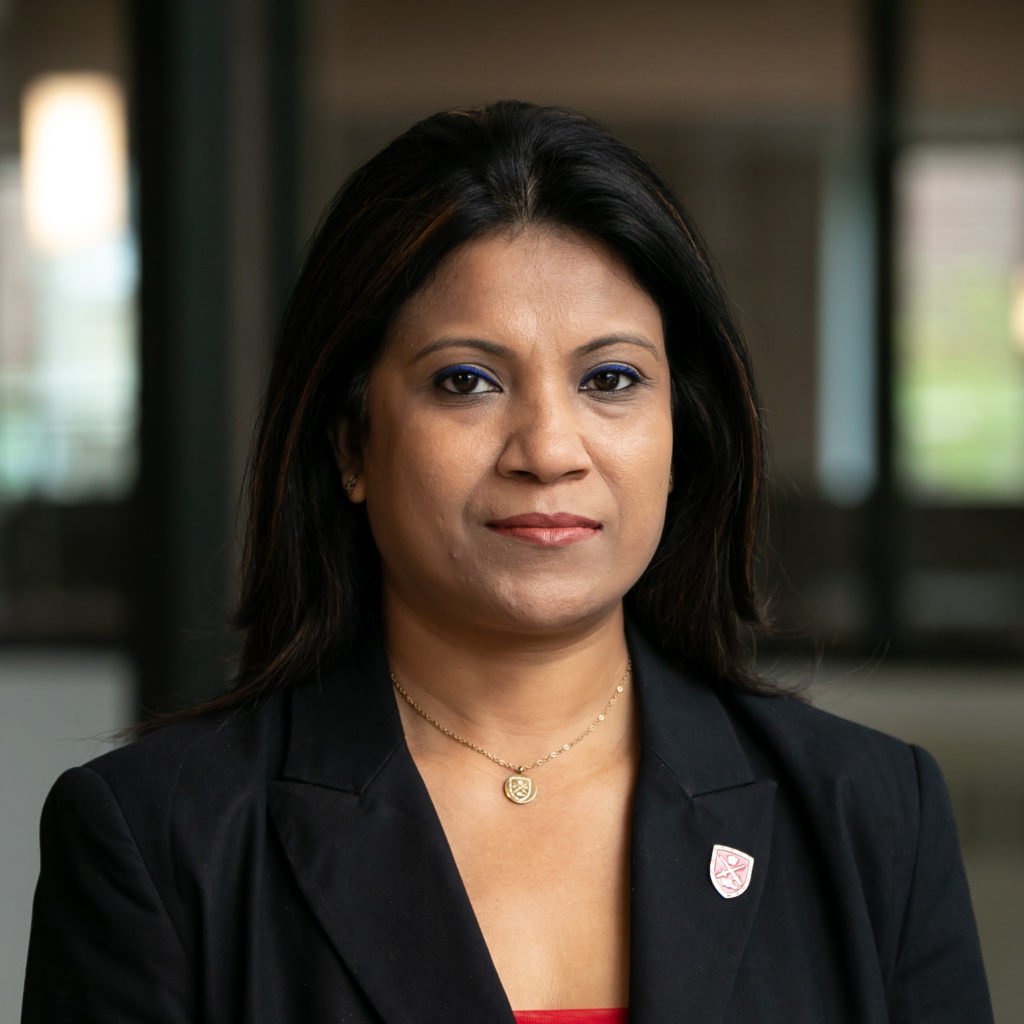
 Leigh Allen is the AVP, Global Strategic Research, Reinsurance Group of America Inc., one of the world’s largest global life and reinsurance companies.
Leigh Allen is the AVP, Global Strategic Research, Reinsurance Group of America Inc., one of the world’s largest global life and reinsurance companies.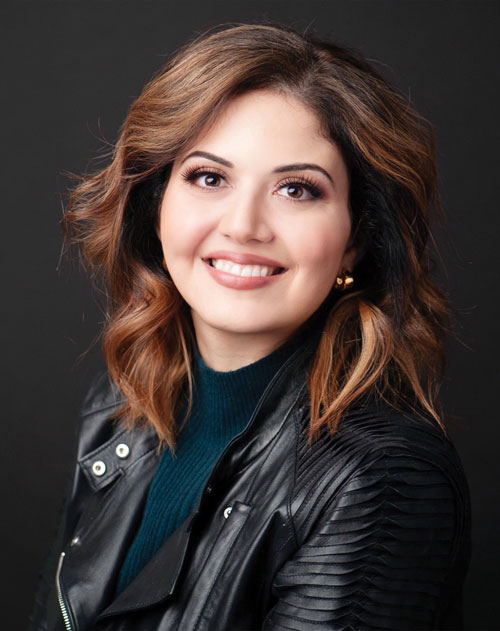 Yola Ventresca is a Managing Partner, Lerners LLP, Secretary of Huron’s Board of Governors and a Huron Class of ’02 alumni. Selected as one of Canada’s “Best Lawyers,” she is passionate about the value of Liberal Arts in helping students succeed in their careers.
Yola Ventresca is a Managing Partner, Lerners LLP, Secretary of Huron’s Board of Governors and a Huron Class of ’02 alumni. Selected as one of Canada’s “Best Lawyers,” she is passionate about the value of Liberal Arts in helping students succeed in their careers.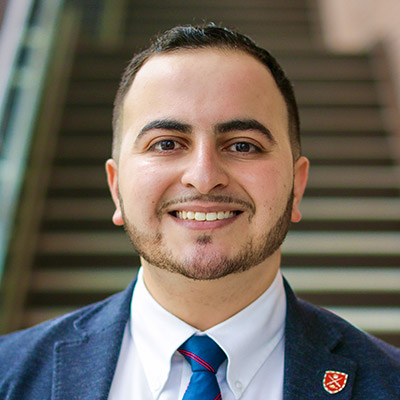

 Lisa Jones Keenan is the Vice President of Sales at Xplornet Communications, the largest rural fixed wireless broadband service provider in Canada.
Lisa Jones Keenan is the Vice President of Sales at Xplornet Communications, the largest rural fixed wireless broadband service provider in Canada.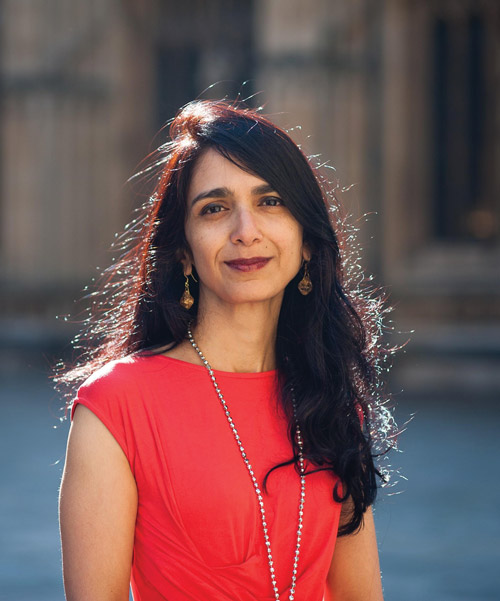 Ranjita is Executive Chair of the Oxford Global Partnership, advising investors, businesses, family offices and entrepreneurs on sustainable, inclusive and responsible value creation. A Business Fellow at Oxford University’s Smith School, Ranjita engages with companies on pursuing value with values, and teaches a postgraduate “Essentials of ESG & DEI” course.
Ranjita is Executive Chair of the Oxford Global Partnership, advising investors, businesses, family offices and entrepreneurs on sustainable, inclusive and responsible value creation. A Business Fellow at Oxford University’s Smith School, Ranjita engages with companies on pursuing value with values, and teaches a postgraduate “Essentials of ESG & DEI” course. Michael Medline is the President and CEO of Empire Company Limited and Sobeys Inc., a leading Canadian grocery retailer with grocery and ecommerce brands that reach across Canada, including Sobeys, Safeway, IGA, FreshCo, Foodland, Thrifty Foods, Farm Boy, Longo’s and Voilà.
Michael Medline is the President and CEO of Empire Company Limited and Sobeys Inc., a leading Canadian grocery retailer with grocery and ecommerce brands that reach across Canada, including Sobeys, Safeway, IGA, FreshCo, Foodland, Thrifty Foods, Farm Boy, Longo’s and Voilà.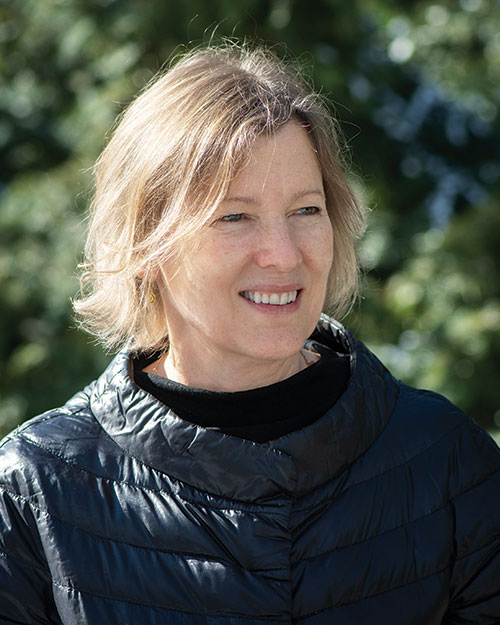 Susan Farrow is an Assistant Professor in The Temerty Faculty of Medicine at the University of Toronto and a Founding Partner and Co-Director of The Toronto Institute of Group Studies, an organization offering certified training and education in group leadership.
Susan Farrow is an Assistant Professor in The Temerty Faculty of Medicine at the University of Toronto and a Founding Partner and Co-Director of The Toronto Institute of Group Studies, an organization offering certified training and education in group leadership.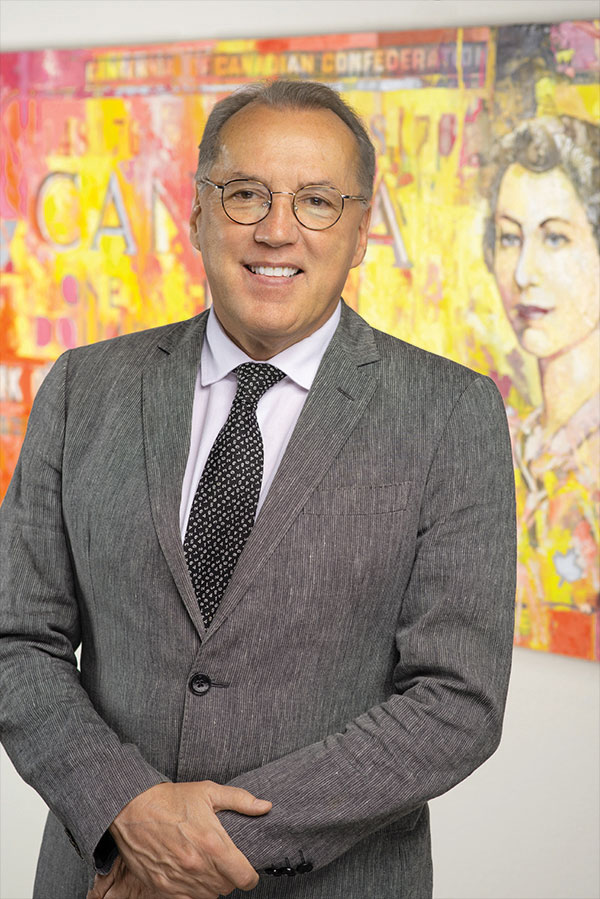 Frank Holmes is CEO and Chief Investment Officer of U.S. Global Investors, as well as a business commentator, philanthropist and Huron Class of ‘78 alumnus. Holmes also serves as the Executive Chairman of HIVE Blockchain Technologies, the first cryptocurrency mining company to go public in 2017.
Frank Holmes is CEO and Chief Investment Officer of U.S. Global Investors, as well as a business commentator, philanthropist and Huron Class of ‘78 alumnus. Holmes also serves as the Executive Chairman of HIVE Blockchain Technologies, the first cryptocurrency mining company to go public in 2017. Caleb Hayhoe is the Founder & Chairman of Flowerdale Group and a Huron Class of ’85 Alumnus. Flowerdale Group is a Hong Kong based family office with a global investment outlook across public markets, real estate and private investment. Hayhoe previously spent over ten years building a global sourcing business together with an exceptional team, and remains committed to entrepreneurialism and helping great ideas become sustainable companies.
Caleb Hayhoe is the Founder & Chairman of Flowerdale Group and a Huron Class of ’85 Alumnus. Flowerdale Group is a Hong Kong based family office with a global investment outlook across public markets, real estate and private investment. Hayhoe previously spent over ten years building a global sourcing business together with an exceptional team, and remains committed to entrepreneurialism and helping great ideas become sustainable companies.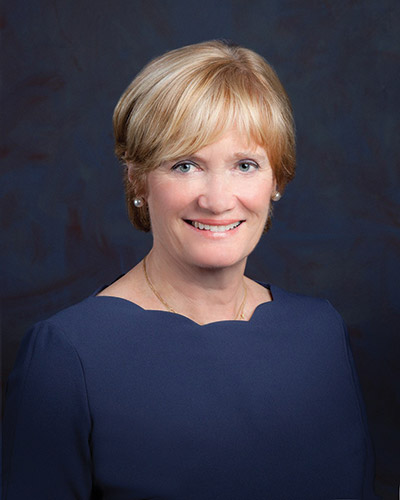 Kelly Meighen is an experienced philanthropist and volunteer. In her role as president of the T.R. Meighen Family Foundation, she has created a legacy of volunteerism and philanthropic giving in the areas of youth mental health advocacy, environmental conservation and cultural vibrancy.
Kelly Meighen is an experienced philanthropist and volunteer. In her role as president of the T.R. Meighen Family Foundation, she has created a legacy of volunteerism and philanthropic giving in the areas of youth mental health advocacy, environmental conservation and cultural vibrancy.
